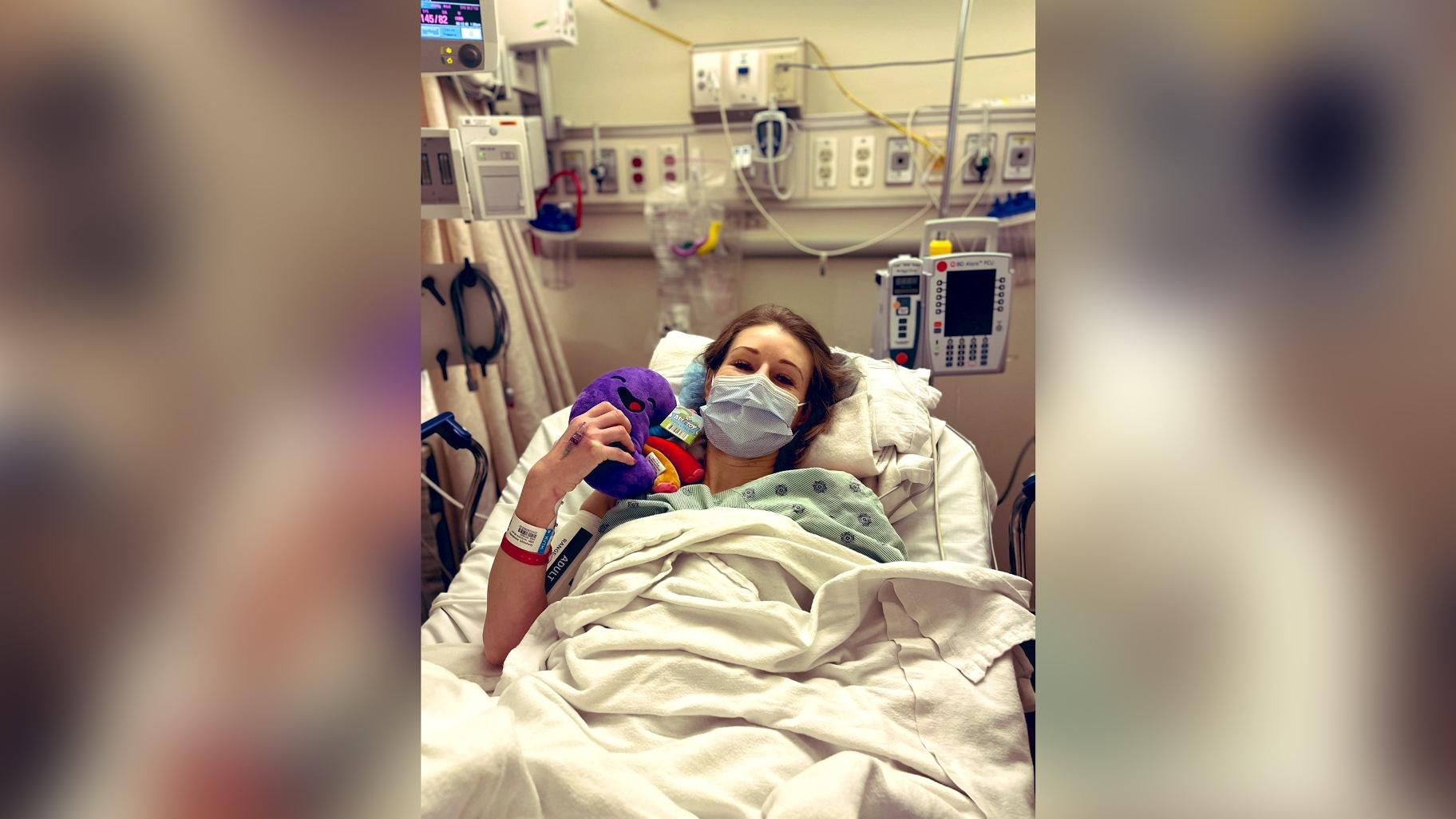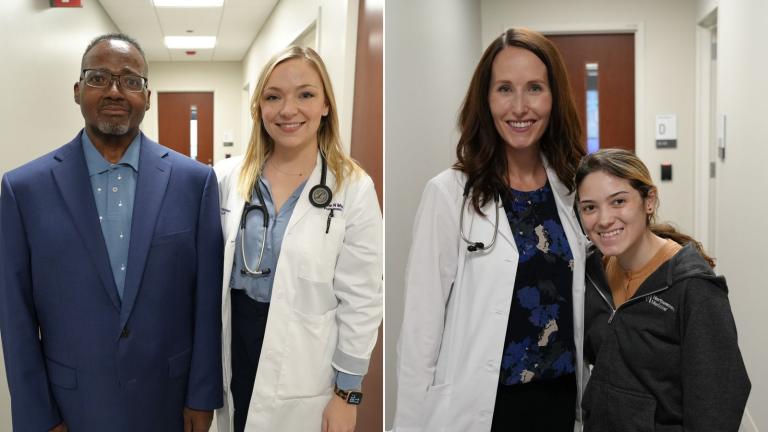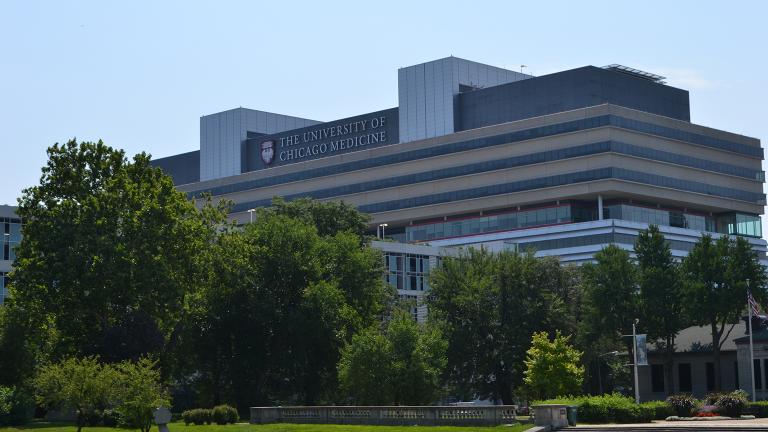
(CNN) — More than 90,000 people in the United States are waiting for a kidney donation, but Dr. Aleksandra Gmurczyk helped take two people off the waitlist when she donated her own kidney to a woman she had never met and launched a kidney-paired donation.
A kidney-paired donation happens when a person is willing to donate a kidney to someone in their life who needs it, but they aren’t a good match, so they swap recipients with another donor.
In this case, Gmurczyk’s kidney was donated in February to a woman with “hard to match” kidneys in Virginia, according to Northwestern Medicine, where the doctor practices. That patient’s husband, who was not a match for his wife, then donated his kidney to a Northwestern Medicine patient.
“I did not want to donate specifically to one person,” said Gmurczyk, a nephrologist and associate professor at Northwestern Medicine. With a kidney-paired donation, she felt like she had a chance to help more people.
In 2020, there were 22,817 kidney transplants performed in the United States because of conditions like kidney disease or failure, according to the National Institutes of Health. On average, it takes about three to five years for a patient to be matched with a kidney donor, according to the National Kidney Foundation.
Doctors have donated their own kidneys to patients before: According to Maine Health, Dr. Aji Djamali, chair of the Department of Medicine at Maine Medical Center, donated his kidney to a former patient last year.
In 2002, Dr. Susan Hou, a nephrologist at Michael Reese Hospital, Rush University Medical Center and Loyola University Medical Center, donated her kidney to a patient, according to her obituary in the American Society of Nephrology.
But Gmurczyk wanted to donate to help educate patients.
She often sees patients who have kidney failure, which renders their kidneys unable to filter waste and toxins out of their bloodstream. Many undergo dialysis, a taxing treatment that helps remove waste and extra fluids from the blood.
Although treatment varies depending on the level of care needed, dialysis is typically done three times a week for about four hours at a time, according to the National Kidney Foundation.
“It’s like a part-time job,” Gmurczyk said. “It is stressful, and it is sad, and they feel isolated and lonely. Many of them work, but not many of them can.”
Despite the long list of people awaiting donation, some of her patients are still leery of undergoing a transplant because of things like mistrust of the health care system or the requirements for donation.
Nine years ago, Gmurczyk began thinking about how she could change those people’s minds. She decided to donate one of her own kidneys to help increase the level of trust in the procedure and to inspire others to donate.
“The reason why I wanted to donate is that ... I can go to them and say, ‘I donated my kidney, and I believe that people who receive a kidney transplant live longer, healthier lives, and I believe in this so much that I donated,’ “ she said.
Gmurczyk says kidney donations from living people usually begin working immediately and can function for twice as long as those from deceased donors: 15 to 20 years vs. 10 to 12 years, respectively.
She applied to join a donation pool, which led to the kidney-paired model.
After she was matched with the woman in Virginia, Gmurczyk’s donor journey was a typical one, including things like kidney function tests and abdomen screenings to find the smaller kidney, which is ultimately donated.
Her care team included another nephrologist, a pharmacist, a surgeon, a social worker and a donor advocate.
Donor advocates work to ensure that donors are not being coerced or paid to have the procedure. Social workers help the donor set up the best social support to make sure they are taken care of at home after the procedure.
“People who get a transplant need a social support person, and a lot of people do not even have one person to help them after the transplant,” Gmurczyk said.
After she had the surgery and spent the night in the hospital, a friend came to help her get home, but Gmurczyk felt well enough to walk.
“I was able to take care of my dog the next day,” she said. “I was doing everything for myself.”
She took two weeks off work and did not have any problems returning.
Her decision to donate has already paid off, she says: One of her patients who had been skeptical of getting a kidney transplant was inspired to begin the evaluation process.
The-CNN-Wire™ & © 2023 Cable News Network, Inc., a Warner Bros. Discovery Company. All rights reserved.







